Where Is Jamie Gold Now? The Rise, Fall, and Reinvention of a Poker Icon
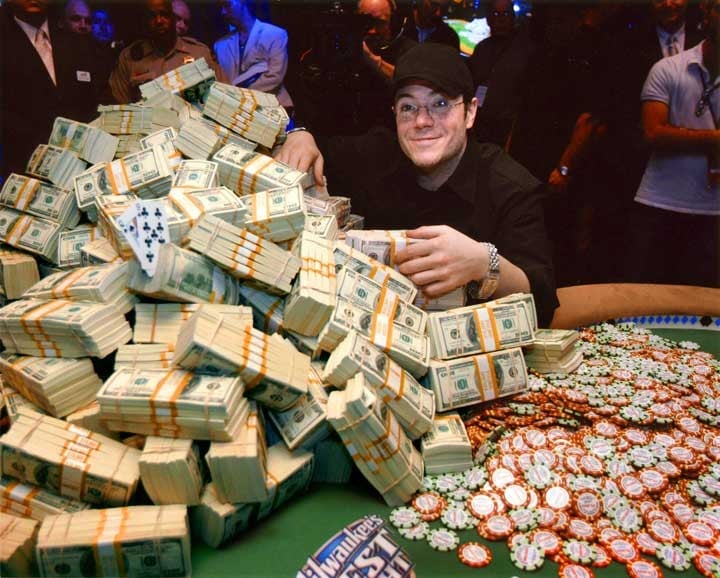
The Unexpected Champion: Jamie Gold’s Meteoric 2006 WSOP Triumph
In 2006, Jamie Gold shocked the poker world when he clinched the title at the World Series of Poker (WSOP) Main Event, outlasting a record-breaking field of 8,773 players. His victory awarded him a staggering $12 million-the largest prize ever for the event at the time-and swiftly catapulted him to celebrity status in both poker circles and beyond.
But Gold’s story wasn’t just about his winnings. The poker media quickly took notice of his charismatic and unconventional approach to the game. While others calculated odds and ranges, Gold relied on colorful banter at the tables, often engaging his opponents in calculated conversation to coax tells and reactions.
For a brief period, Jamie Gold seemed destined to become a fixture in the poker world. Yet, his rapid ascent was followed by years marked by legal disputes, diminished tournament appearances, and a surprising shift toward philanthropy.
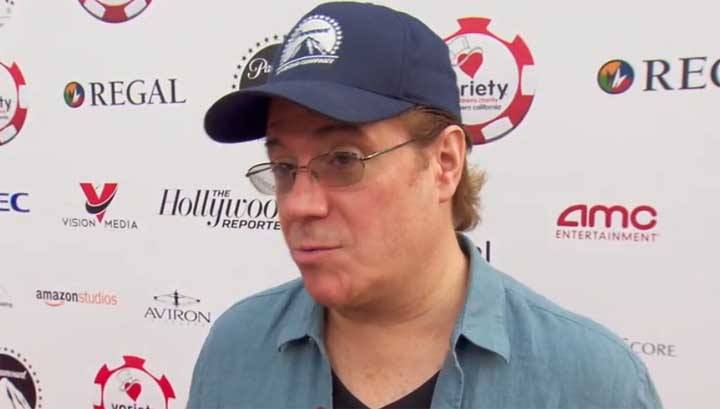
Jamie Gold today. [Image: jamiegold.com]
From Entertainment Executive to Poker Superstar
Jamie Gold’s fascination with poker began at a young age in a family that loved card games. Before his legendary Main Event win, Gold’s career was rooted in the entertainment industry, where he worked as a talent agent. Connections from this world eventually opened the doors to high-stakes poker, introducing him to professional players like Chris Moneymaker and Johnny Chan while he was developing a poker-themed television show.
In 2006, a casino operator offered Gold a seat at the WSOP Main Event, with one simple condition: He needed to get celebrities to participate and sport the casino’s brand at the tables. Gold fulfilled his end of the deal, seizing the opportunity even though he had relatively modest experience at the professional level.
He entered the Main Event without high expectations, reportedly content to simply make it into the money. His unlikely path to victory was aided by an agreement-brokered before the event-with TV producer Bruce Crispin Leyser, promising Leyser half of any winnings in exchange for helping secure celebrity participants.
Throughout the event, Gold’s strategy was as memorable as his run of good luck. His constant chatter and psychological gamesmanship bewildered even the most seasoned pros, often causing them to make costly decisions. Whether his tactics would work in today’s more analytically driven poker scene is up for debate, but in 2006, they proved highly effective and unforgettable.
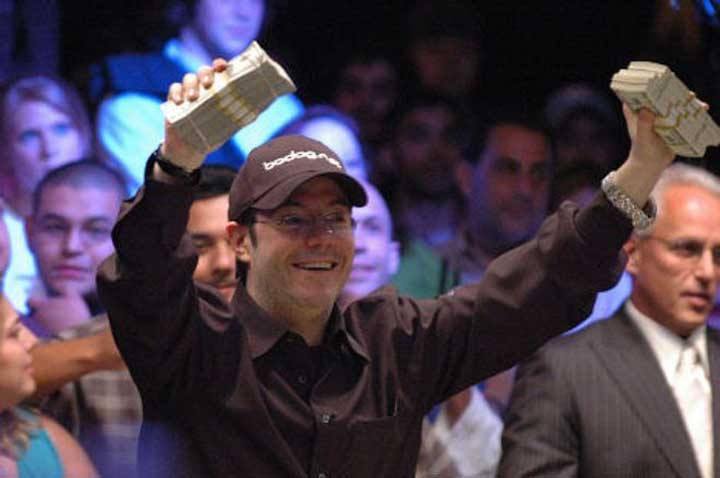
Jamie Gold in 2006. [Image: pokernews]
Legal Battle Over Winnings: The Leyser Lawsuit
Not long after his historic victory, Gold found himself embroiled in controversy. Bruce Crispin Leyser, the TV producer who had helped secure celebrities for the Main Event, sued Gold for half of the $12 million prize, citing their pre-tournament agreement. Leyser provided a voicemail recording as evidence, prompting authorities to freeze $6 million of Gold’s winnings until the matter was resolved.
The legal battle ended with a confidential out-of-court settlement, the details of which remain undisclosed. While both parties maintained that the dispute was a misunderstanding and that Gold intended to honor the deal, the episode cast a shadow over Gold’s victory-and the integrity of the poker world at large-at a crucial time for the game’s mainstream appeal.
Influencing Poker Rules: Jamie Gold’s Lasting Impact
Despite the lawsuit, Jamie Gold’s win turned him into one of the decade’s most recognized poker personalities. His distinctive table talk created as much confusion as admiration, prompting the WSOP to implement a new rule forbidding players from discussing the content of their hole cards during live hands.
Gold soon became a fixture on televised poker events, receiving invitations to shows like Poker After Dark, High Stakes Poker, and the NBC Heads Up Poker Championship. His sudden fame enabled him to share the felt with poker legends such as Doyle Brunson, Phil Ivey, and Daniel Negreanu.
However, Gold’s exposure to higher stakes and elite competition soon revealed the limits of his experience. He struggled to replicate his Main Event success, and from 2006 onwards, managed to rack up only about $600,000 in additional live tournament cashes, bringing his lifetime earnings to around $12.6 million-a figure overwhelmingly bolstered by his singular 2006 victory.
The Main Event Bracelet Auction Controversy
Gold’s name was thrust back into headlines in 2013 when his WSOP Main Event bracelet appeared for sale at auction. While Peter Eastgate had previously auctioned his own title bracelet, Gold’s situation was different: He clarified that the bracelet was no longer in his possession, and the auction was handled by a third-party site, not by him personally. The bracelet was ultimately sold to an undisclosed buyer for $65,725.
Gold indicated that legal constraints prevented him from discussing the circumstances further, expressing regret that the bracelet was put up for sale and affirming that he would never have parted with it by choice.
A New Chapter: Charity and Media Ventures
While Jamie Gold’s official tournament appearances have become rare in recent years, he remains involved in poker through a new avenue: charity.
According to his official site, Gold has raised over $480 million for nonprofit organizations between 2005 and 2017, leveraging his star status and Hollywood connections. He is a frequent host of high-profile charity tournaments, with particular emphasis on causes such as the ALS Association.
In 2017, Gold expanded his professional horizons by launching Ace and King Productions, a venture focused on creating and financing film and television content.
His passion for poker still endures, as evidenced by his reappearance on Poker After Dark in 2019, where he competed alongside leading professionals like Daniel Negreanu and Randall Emmett. In interviews, Gold has shared that he continues to play local cash games, but only jumps into major televised poker events when convenient.
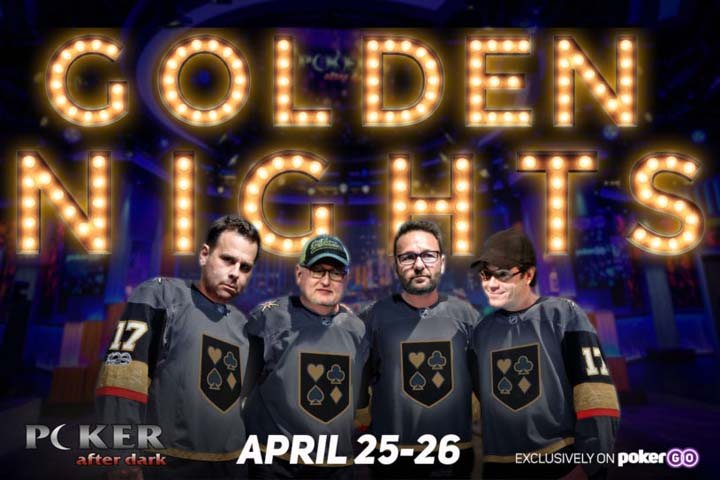
Image: jamiegold.com
His approach now combines his love of poker with philanthropy, using the game as a fun and social way to raise funds for a wide array of charitable initiatives.
Legacy and Reflection: Is Jamie Gold Poker’s Unlikely Ambassador?
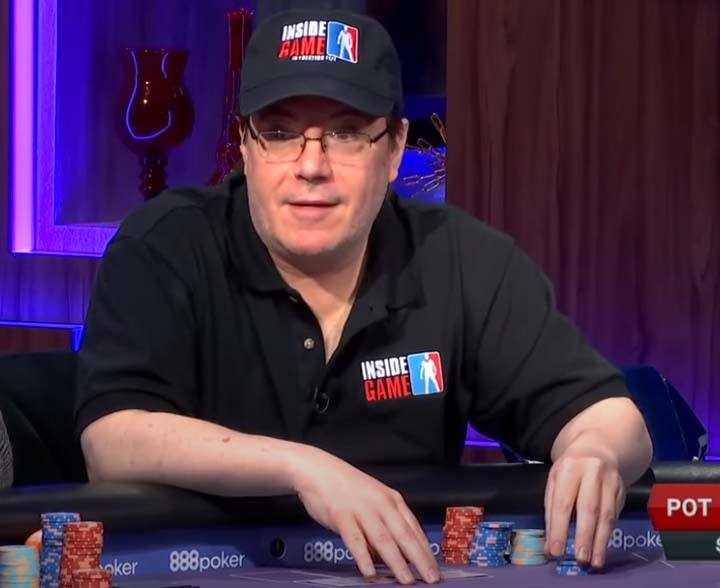
Image: YouTube
Jamie Gold’s journey encapsulates the unpredictability of the poker boom era. Although not regarded as one of the greatest players to ever win the WSOP Main Event, he nonetheless managed an extraordinary feat-triumphing in the largest field to date at the time.
His behavior at the table forced rule changes, and his post-victory life illustrates a move away from purely competitive goals to philanthropic impact. Rather than embracing a professional player’s grind, Gold has preferred to merge his entertainment background with poker and use his influence for good causes.
His philanthropic achievements and commitment to leveraging poker for social impact may, in the end, qualify him as an ideal ambassador for the game-a figure who demonstrates that poker can be about more than monetary gain, serving as a tool for connection, fundraising, and positive change.
Lead image: jamiegold.com













